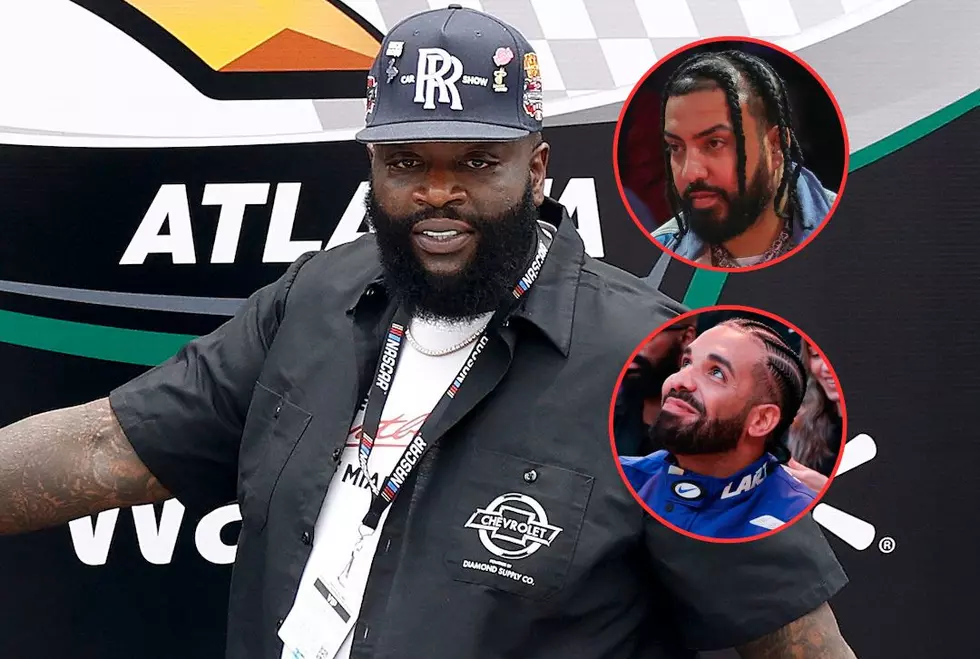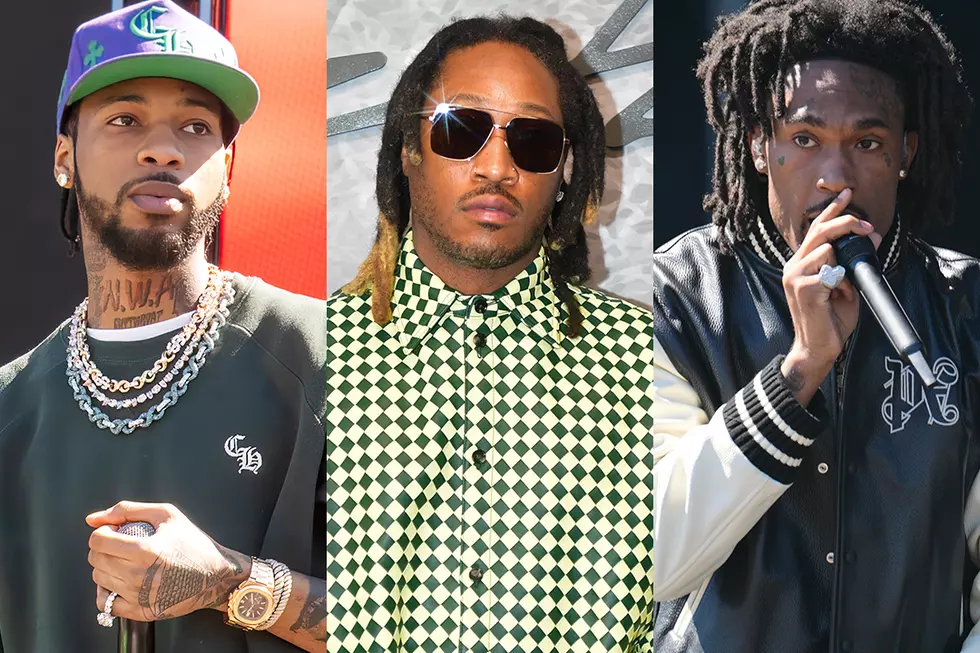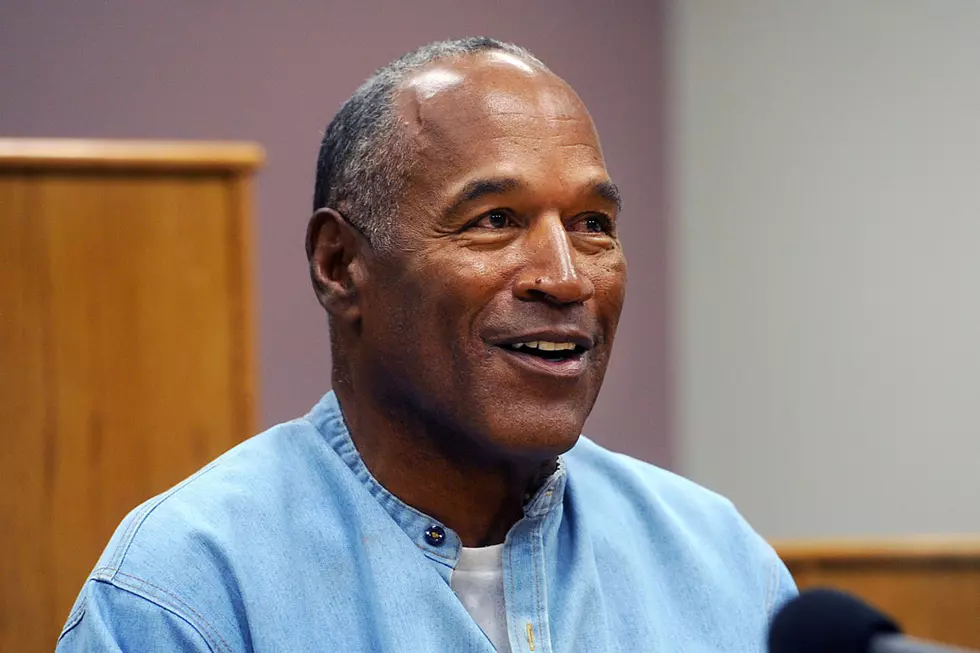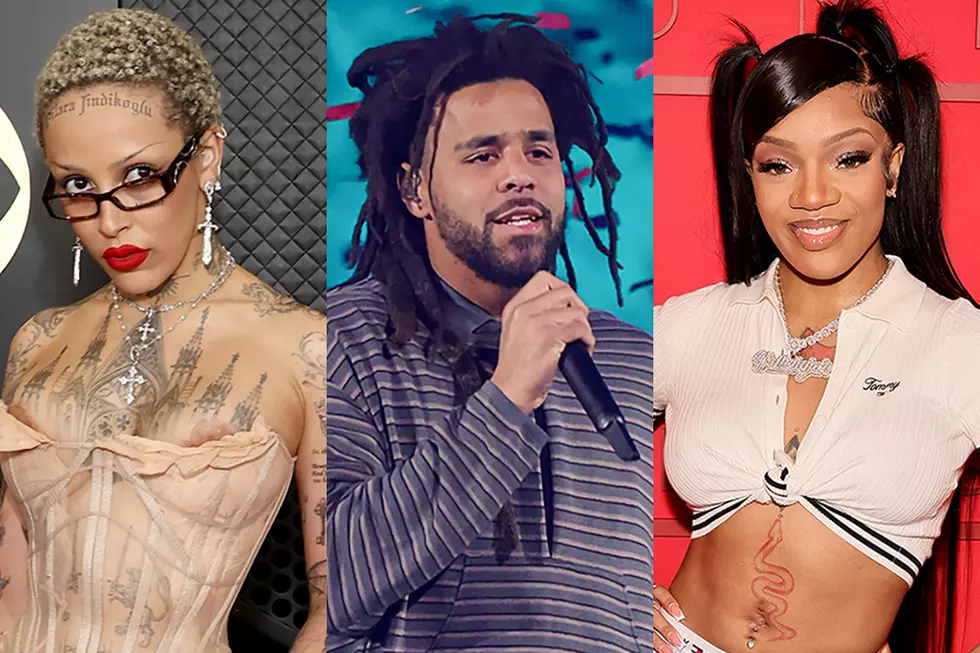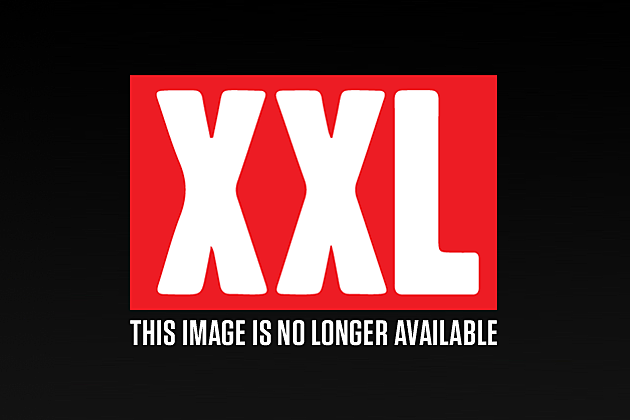
Fred Durst Details His Hip-Hop History, “Lil Wayne & I Bonded Over Skateboarding”
Fans were perplexed when news broke last year that Lil Wayne had signed Limp Bizkit to his Cash Money imprint. While Weezy's made no question about his love for rock music—he did release a rock album Rebirth in 2010—inking the late-90's rap-rock group to his widely successful label came off as one of the more shocking business decisions of his career, and with good reason. Limp Bizkit was one of the most divisive groups of the rap-rock era, blending heavy metal riffs with raps from DMX and Method Man. But in the subsequent years, the group's taken a few public beatings, from acerbic break-ups to tabloid drama. Despite all the controversy, Limp Bizkit's still here, and now they've got one of hip-hop's biggest artists backing them.
Earlier this week, XXL caught up with Limp Bizkit frontman Fred Durst to discuss the group's newfound label home at Cash Money. During the interview, Durst detailed his early influences, working with Method Man and DJ Premier, and bonding with Weezy over skating.
I think the biggest news that's been coming out of your camp lately is Limp Bizkit signing with Cash Money and your new single with Lil Wayne “Ready To Go.” How did that relationship first come about?
I've been a fan of Wayne and Birdman and the whole Cash Money Thing for a while. I went in the studio to do a track with Polow Da Don, and we ended up finding one of his beats I loved and we started working on the track and came up with “Ready To Go.” Wes Borland [Limp Bizkit guitarist] came down and played the guitar—it was a hip-hop version at the time with hip-hop drums—and after I was done I had asked Polow, “I would love to get Wayne on the track, you think he'd be into it?” He said, “You want me to send it to him?” So he sent it to him and got a response back that he likes it he's down with it.
As we were trying to get off of Interscope, I had asked Cash Money if they wanted to put that track out themselves on their label, and just because I knew it'd get out and I knew it'd be something really cool, because I knew Wayne liked rock and skateboarding—all the things I like—and I got a call back saying, “Why don't you guys just sign with Cash Money? Y'know we're big fans and we'd love to have Limp Bizkit over here. We’d let you do what you want to do.” That's how it happened, and bingo! I loved our conversations with Baby and Slim and felt like it was just a good fit.
From an outsider's look, it makes sense that you guys would sign with someone like Cash Money because not only do you guys have the deep hip-hop influence, but Wayne obviously is a big fan of rock music. So that being said, how does that help you guys build that relationship with Lil Wayne?
Everything feels very organic. He doesn't push or contrive. Wayne and I bonded after we signed with Cash Money over skateboarding and he's got a half pipe in the parking lot at the studio down in Miami where we all recorded. I'm a skater and I've been skating for a really long time and I’d just go out there and start skating the ramp in the middle of the night, and Wayne would come out and just be skating, and we sort of bonded through our mutual love for skateboarding to be honest. We started talking and just became friends that way. He said that we're family now and it's all good and, honestly it was strictly through skateboarding.
Limp Bizkit also has Stampede Of The Disco Elephants coming out later this year. Coming off of Interscope, has this new deal changed your sound at all, or has it changed who you're working with?
No, basically it just empowered us to relax and be who we are. If anything, it's brought our sound back—that honesty and sincerity that we're all about, that explosive just sort of thing that happens when we get together. It’s magical, and without anybody expecting anything or chasing certain types of songs or feelings or sounds, or trying re-create something with a nostalgiac [effect] to it, so this type of record actually feels really pure and back to basics. We didn't have to think about chasing no radio songs or making any type of cookie cutter [music]; we just got to go rip it.
Obviously, the collabo with Wayne was one thing. We're not really pushing any collaborations, we just want them to happen organically, and at Cash Money, if you're just hanging around the studio and working in the studio with them, you see everybody. You just end up working with people you want to work with, and some songs go in the vault,while some of the songs might go on record. It’s just really organic how it happens, and it's just an incredible family vibe they got going on down there with tons of sick artists coming in and out of the studio every night
Has there been anybody else on the roster that you've worked with?
I've actually done some songs with Birdman, one with Birdman and Kaskey. The other one with just me and Birdman, I don't know if those are going to be on the record but we did them. You never know, they might come out anyway on Birdman's record or on some other thing.
Looking back in your career, “N 2 Gether Now” with Method Man and DJ Premier on Significant Other was one of the first straight hip-hop records Limp Bizkit did. How did that song and that collaborative process between those three elements come about?
I was a big Method Man fan, big Wu-Tang Clan fan, and when the conversation started it was like absolutely “Man, that would be amazing,” [Meth] came down to L.A., came to the studio, and [DJ] Lethal had this beat and me and Meth just sat down together. He smoked a pound of weed and I watched him smoke it, and we just went in and started laying it down. The chemistry was great and after the track was done—I’m a big fan of DJ Premier and we had someone get in touch with him and we gave him the track and he just re-did the beat; he did a Premo beat. It just became that collaboration; right there is a little bit of Lethal's thing and Premo's thing, and me and Meth, and it was born. I just kept seeing this vision of, like, the Jamiroquai video with the ground moving meets some Peter Cellar's Pink Panther shit, meets that old school Batman television show. Me and Meth kind of going at it against each other but it's a routine. We do it all the time and like in Pink Panther, Peter Sellers would have his butler attack him…I wanted to do the same thing with Meth.
That’s not the only song you've done with a member of the Wu-Tang Clan. You had “Rollin'” with Method Man and Redman—who's kind of like the 11th member of the Wu-Tang Clan—but you also did “Combat Jazz” with Raekwon and Mathematics. What about Wu Tang's sound best fits with Limp Bizkit
I'm honestly just an insane fan of these guys. Like even the production—Mathematics and all the MCs, I’m just such a big fan. It's just an honor to be in the same room with them and just vibing out and seeing what comes out. I don't know what makes this [work]. All I know is that I'm a big fan and I’m honored that they would even collaborate with me in the first place. I don't know if it's a good fit or not, I just know that I'm really happy with it.
Did you ever have a specific moment like that where something happened with music or you heard a certain song that made you really attracted to hip-hop?
I just grew up on all kinds of music, and then got turned on to hip hop around 1979, and in the early stages—because I had some friends who had some relatives, some from North Carolina had relatives from New York—I was checking out all these mixtapes, these longs mixes they do on the radio. DJ Chuck Chillout, DJ Red Alert and all these crazy things, [the films] Wild Style and Beat Street—it was something that was in me, it was always percussive in sort of a way…I was able to hear a lot of just that earlier primitive stage of hip hop where the groups were forming—the Disco Three before they were the Fat Boys, the Treacherous Three and the Cold Crush Brothers and all these types of people—somehow hearing that stuff just changed my life. I don’t know what it was it was just these guys telling these stories, sometimes braggadocious, sometimes sentimental, and everybody had aliases for their names and called themselves, you know, “I'm Whippa Whippin' and I'm here to say…” The way they rhymed and the drums…it was like drums and vocals made one little thing, and I just remember being perplexed and obsessed with it.
I was just a kid going “Oh, oh man this is amazing!” [And I was] the only white kid in my whole town that heard it and just knew it. I would sing it all the time, getting beat up all the time, but I couldn't stop singing. Just so many moments, man, I got to tell you…it was there was a void [in my life] that was filled by [hip-hop] and obviously I held on. You know, Chuck Chillout's got these long mixes that they'd be playing, and it just had everything, a lot of music you could breakdance to—different types of [music] that were just instrumental. It just was a movement and we were really into it.
I started mixing—well trying to mix—in like '83 and '84. And then in 1984 going into '85, Radio Shack had this one cool mixer with a cross fade and uh, I stole one. I remember I got the [Man Parrish featuring Freeze Force] “Boogie Down (Bronx),” two of those vinyls and learned how to do [spin] back and forth, playing the records a millisecond apart…I was just obsessed with it man, and I was the only white kid around [who listened to it]. There was only one,two other guys in my town who were hip to it and people were going, “What the fuck is going on with these guys?” I swear to God it was like Wild Style and Beat Street –I was basically in that movie. I mean, it was insane. I knew every word, I had to find them Puma jackets, and I had to crease my Lee’s in the same way in the front and my shoes had to be the same [as the rappers]…I was that kid, that little white kid where you go, “This kid is on fucking crack or something” —but this was way before crack.
And with Limp Bizkit, you guys obviously blended a lot of hardcore and metal elements with hip-hop. Where do you see the two genres overlap?
I don’t know—in the 80’s I was a big [fan of bands like] Angry Samoans, Minor Threat, Black Flag—all kinds of shit. It kind of just went along with it. It was the honesty and the vocals, the sincerity…the unsung hero, the misunderstood speaking out. In both worlds they had that, and it just always was blending together with me. Before hip-hop, it was like Elvis Presley and Kiss, fucking KC and the Sunshine Band…once hip-hop came in the ‘80s, the punk rock all came along at the same time. So many things went together for me, and I didn't see the difference, I was just reacting to the feeling I got, and so it all crossed over and collided all the time with me…I think with Limp Bizkit, it was a time when people who loved Cypress Hill and Wu-Tang Clan could also love Helmet and Rage Against the Machine and 311.
More From XXL

